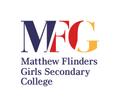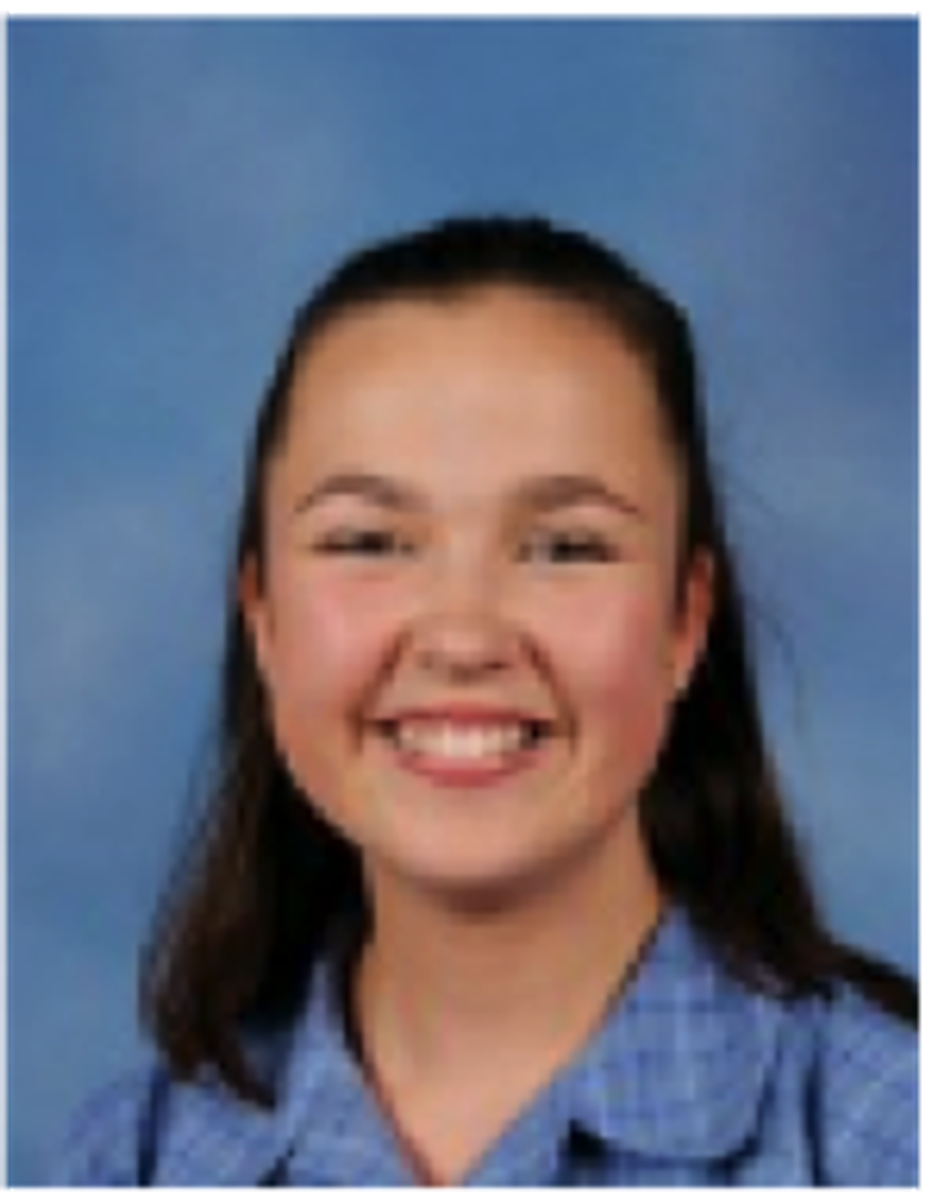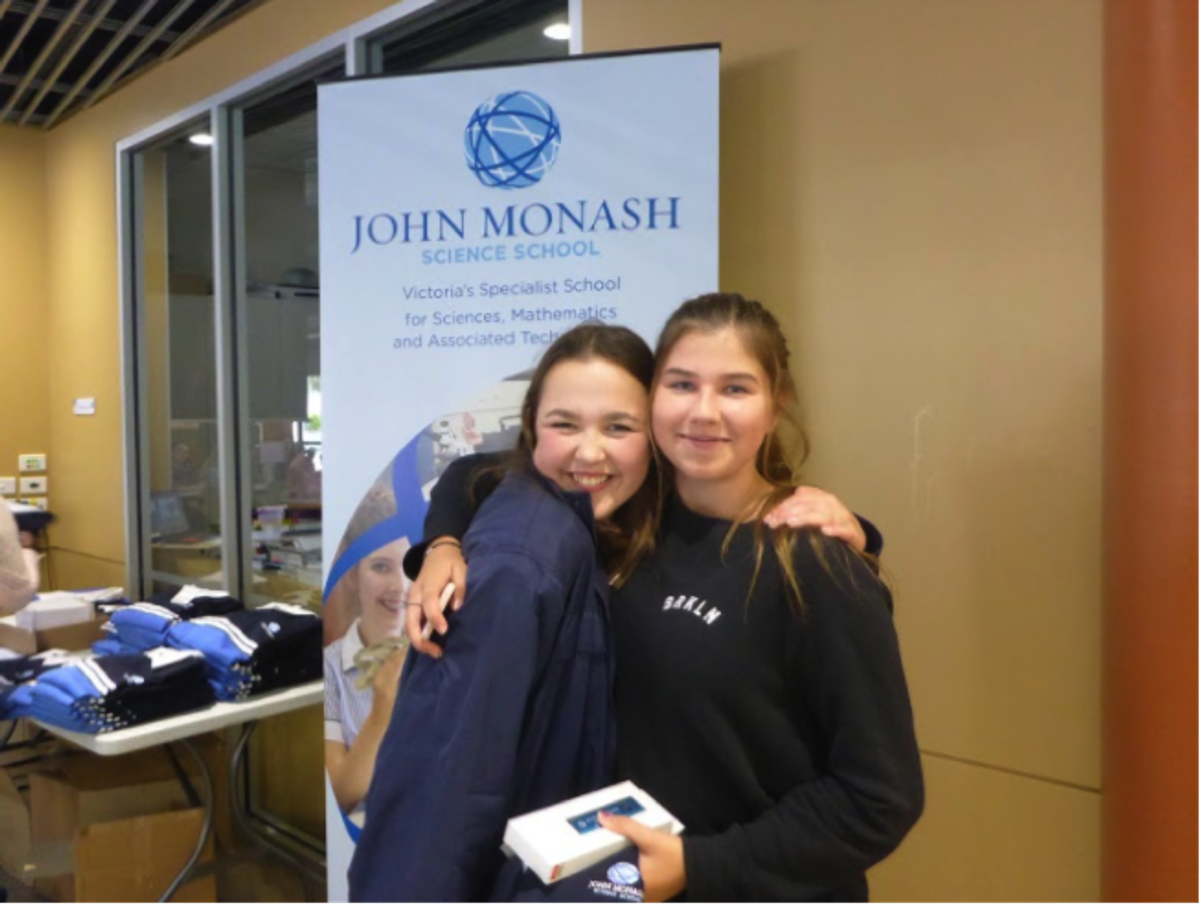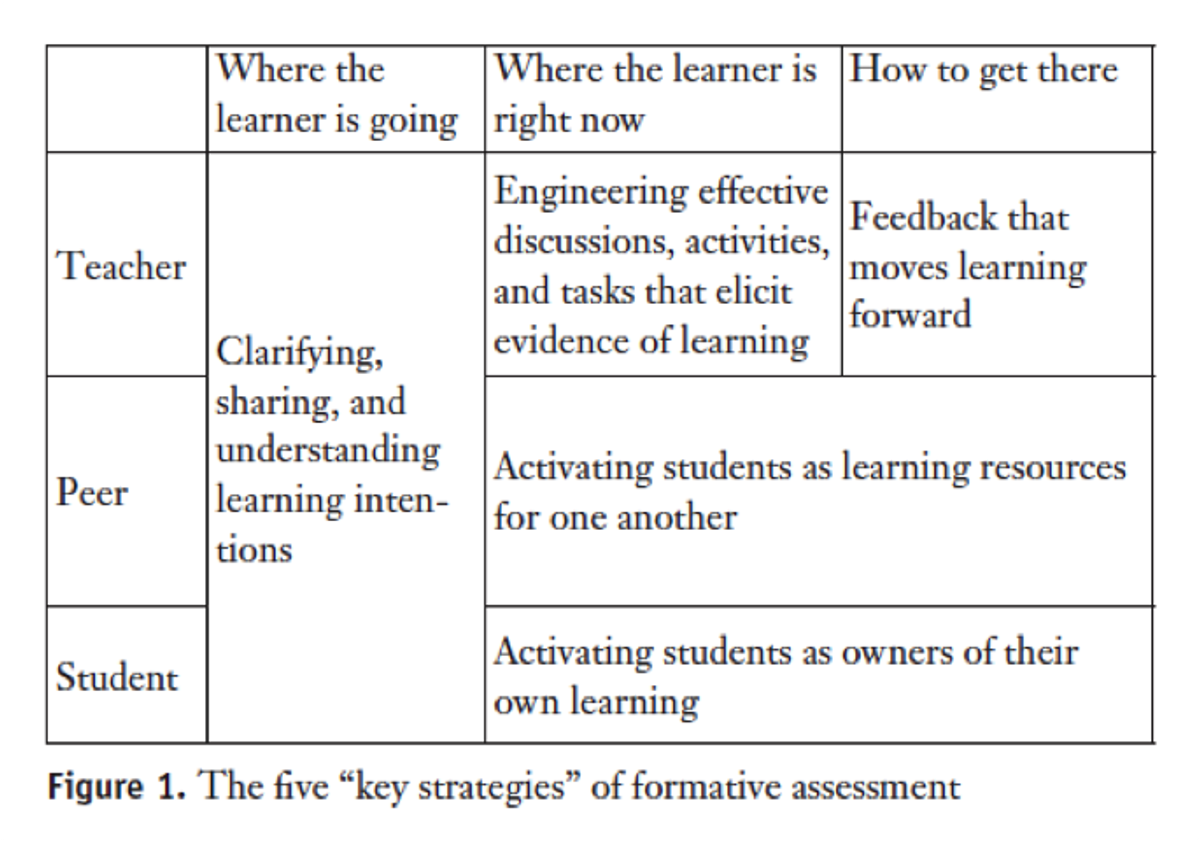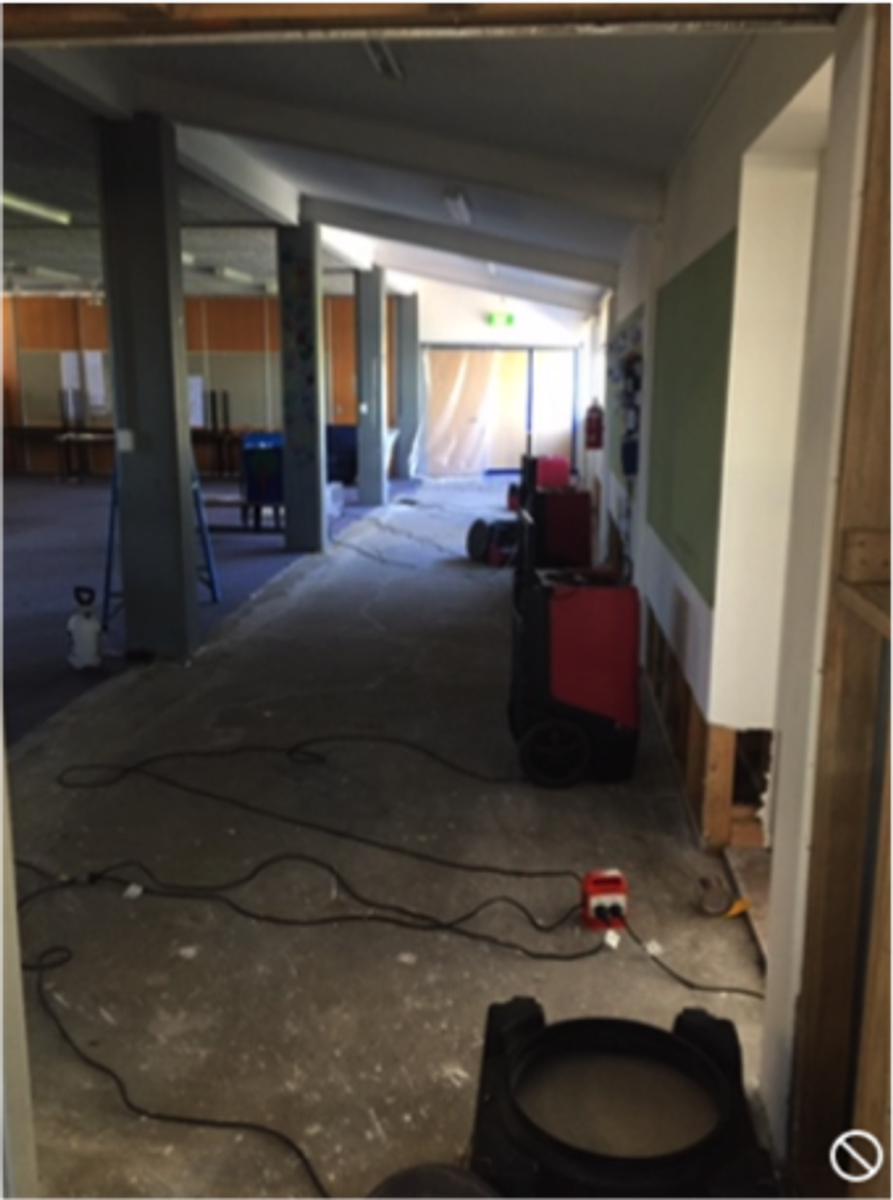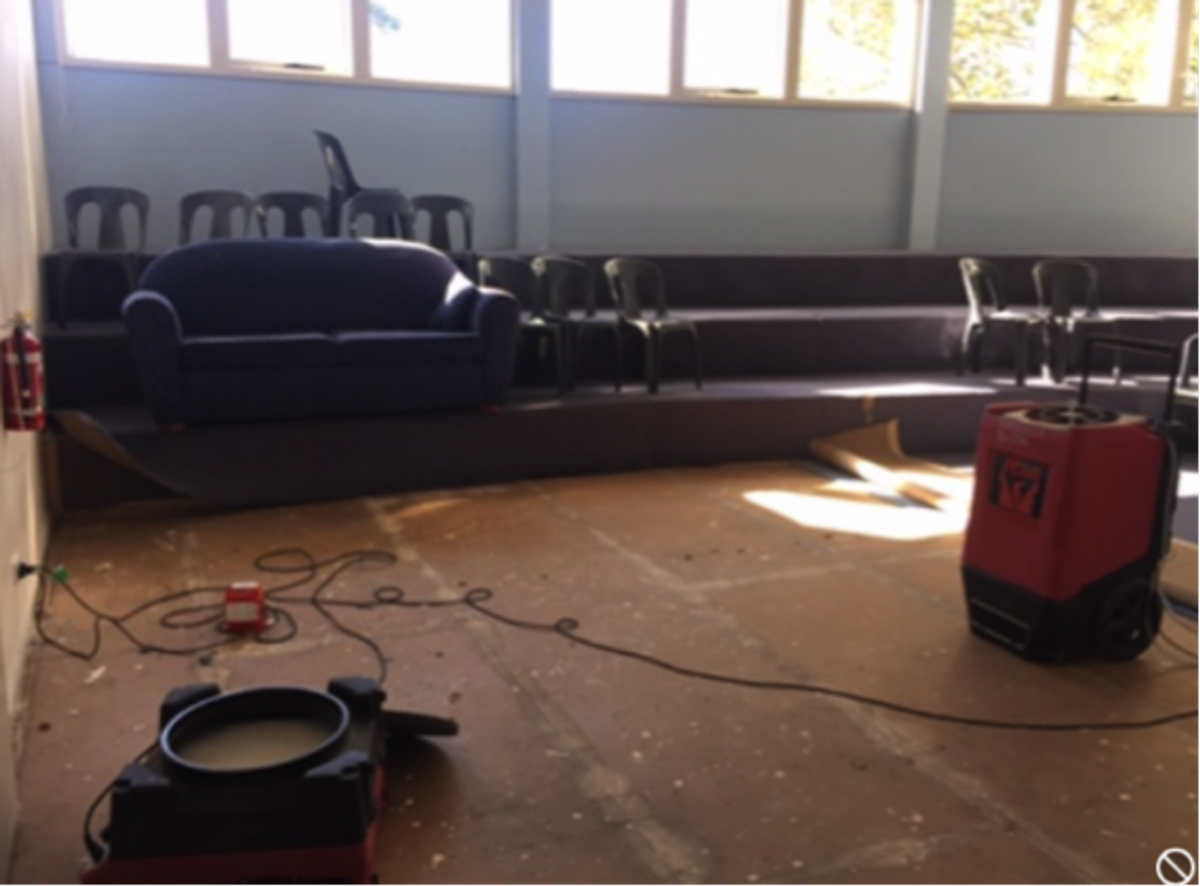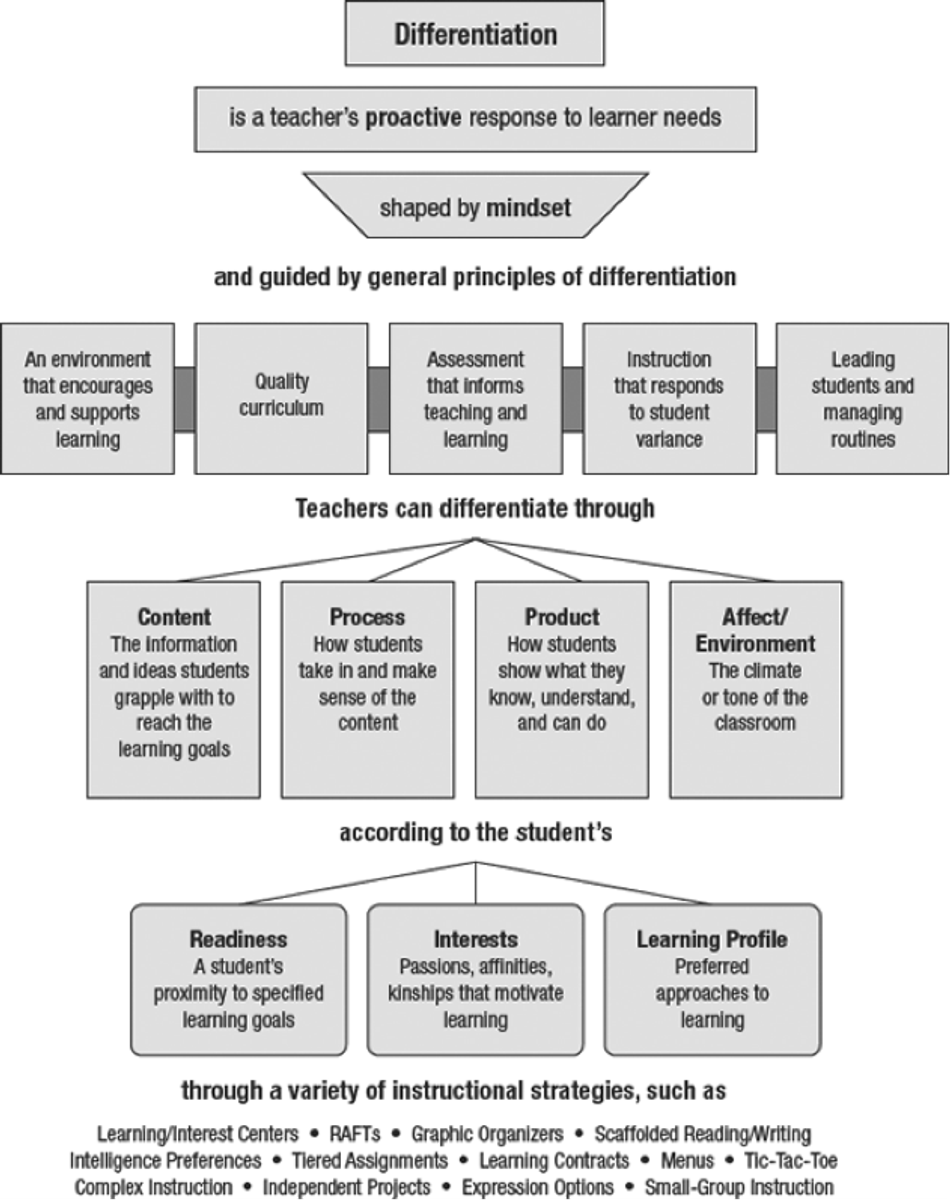Learning @MFG

KELLY BARRETT AT JOHN MONASH SCIENCE SCHOOL
Kelly Barrett – one of our Year 10 students – was successful in gaining a place in the Regional Exchange Program at John Monash Science School. Kelly will be a student at JMSS for 3 weeks, live near the school with a host family, study a range of subjects at John Monash and work on an investigation project which she will eventually present and share at the JMSS annual Science Fair. We look forward to Kelly’s updates and hearing her story about her experience.
TEACHER LEARNING THROUGH TEACHER LEARNING COMMUNITIES (TLC)
Our College’s Leadership team are currently participating in a pilot Teacher Learning Community or TLC. This year we are experimenting and trialling a number of different forms of collaborative teacher professional learning. The TLC model is the brainchild of Dr Dylan Wiliam, one of the world’s leading experts in teaching and assessment.
The TLC meets every few weeks and has a focus on formative assessment. The 5 key strategies relating to formative assessment are represented in this table.
In 2018, after trialling both models, we will be adopting one or both models with all of our teaching staff.
CURRICULUM DISCUSSIONS AND DIRECTION FOR 2018 – YEAR 9
Our College’s Curriculum Committee have been discussing a range of issues and questions in planning for our 2018 Curriculum structure and subject offerings.
One of the recommendations from 2017 was to increase the time allocation at Year 9 English from 4 to 5 periods. This creates 2 a ‘floating’ two periods which allowed us to think creatively about how this time can be used with our Year 9 students. After many discussions, the decision was made to allocate the 2 periods all year, for one year only, to Visual Art in 2018 at Year 9 as the current Year cohort has not yet done Visual Art.
NAPLAN 2017
Our Year 7 and 9 students recently completed the 2017 NAPLAN tests.
This year we had three messages for the students and we reiterated these messages particularly with the Year 9 students over the 4 days of testing.
- ‘Beat the test’ – it’s a challenge to overcome; have a ‘can do’ mindset
- Reading
- pay close attention to the first paragraph. Important information is often included in the first paragraph
- read the end of the passage carefully. The last paragraph often contains a big idea or conclusion
- Strategies
- Keep moving, keep at it and stay calm
- Skip the question if it’s too difficult and come back to it
- The two pass system: try to go through the test two times. Easy questions on pass one and more difficult questions on the second pass.
Later in the year you will receive your child’s individual report outlining how your child performed in each test area.
For more information about the tests, please visit the VCAA website at www.vcaa.vic.edu.au or the NAPLAN website at www.naplan.edu.au.
F214-F219 Maintenance and repairs
Repairs and maintenance is currently taking place in these rooms. The carpet has to be replaced after the heavy rain earlier in the term and work had to stop during the NAPLAN testing.
DIFFERENTIATION
At MFG, our teachers talk about differentiation when they talk about their students learning and their teaching. This is a mindset that we promote at MFG and one of our teachers’ professional goals is focused on differentiation.
Differentiation means tailoring instruction and teaching to meet the individual needs of each student. Whether teachers differentiate content, process, products, or the learning environment, the use of ongoing assessment and flexible grouping makes this a successful approach to instruction and teaching.
One of our Strategic Goals is to pull together the strategies, mindsets and teaching techniques used at MFG so that our teachers have a common language and a repertoire of strategies and techniques that are used across all classrooms, regardless of the discipline. This is in its draft form and will eventually be known as the ‘MFG Way’.
PATHS 2017
Matthew Flinders Girls Secondary College implements a year 7 screening program that enables the school to have an understanding of a student’s learning profile and academic performance. These screening tools assist our teachers to more effectively plan and support their students’ learning needs.
The screening program includes the Phonological Awareness Training for High Schools (PATHS) Classroom Identification Instrument. The Classroom Identification Instrument screens a student’s phonological awareness skills (ability to understand and manipulate sounds for reading and writing) as well as language skills.
PATHS commenced in week 2 with approximately 15 students and Alanna Johnson (Speech Pathologist) has had initial sessions with most groups. The initial session was an introduction to the program with the students as well as some more pre-testing. We have hit a little bit of a hold up with camp and NAPLAN which was to be expected. Alanna has had positive feedback so far with the students involved as most have identified their need for support at the commencement of the program.
This year we have aimed at higher levels of parent involvement by inviting parents to some information sessions including ‘What is PATHS?’ to introduce the program to parents and students. Alanna also held an information session to explain THRASS and briefly how to use it. This is a future challenge – working with the parents so they know how to support their children with the work they are doing as part of PATHS and THRASS.
Alanna is currently in the process of further adapting the program to support the use of THRASS so that when it is implemented in classrooms our students will have a better understanding and a higher chance of generalising their skills learnt.
Damien Toussaint, Assistant Principal, Learning and Teaching
